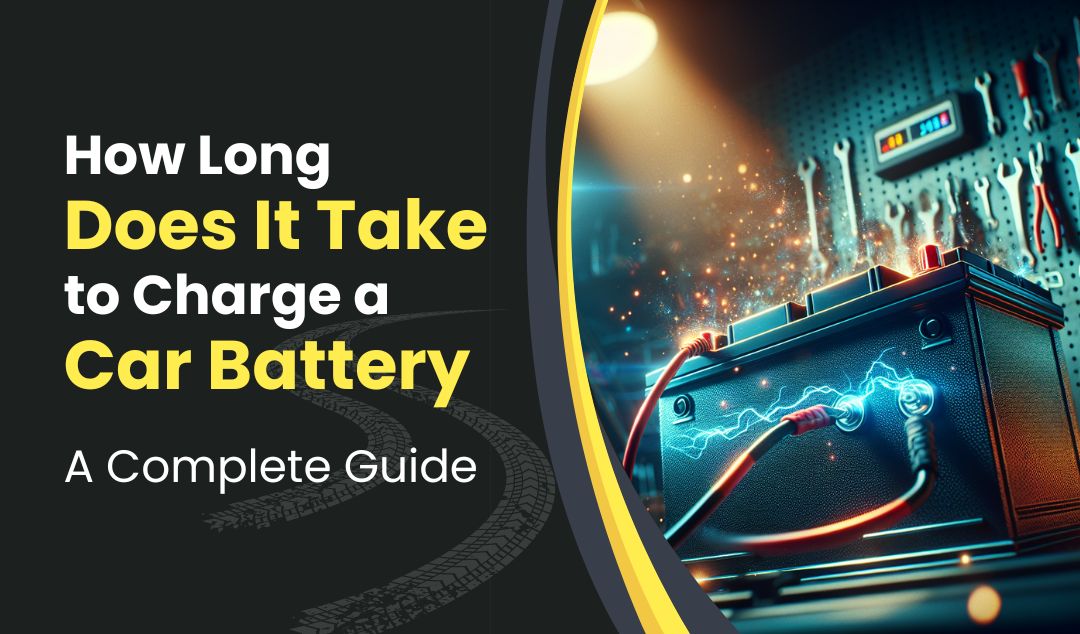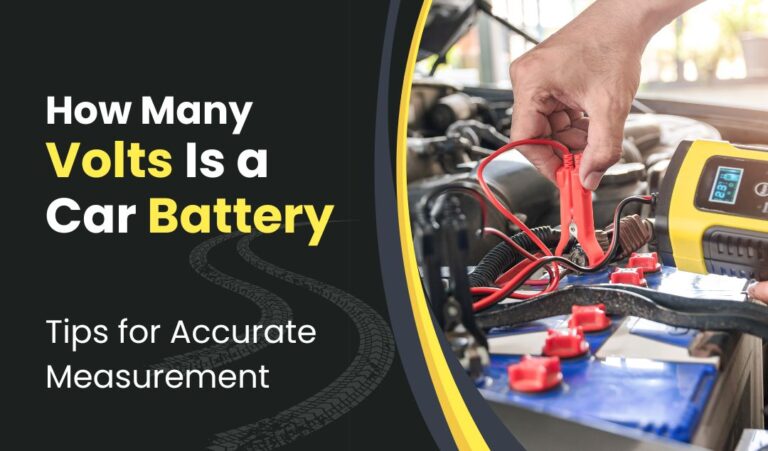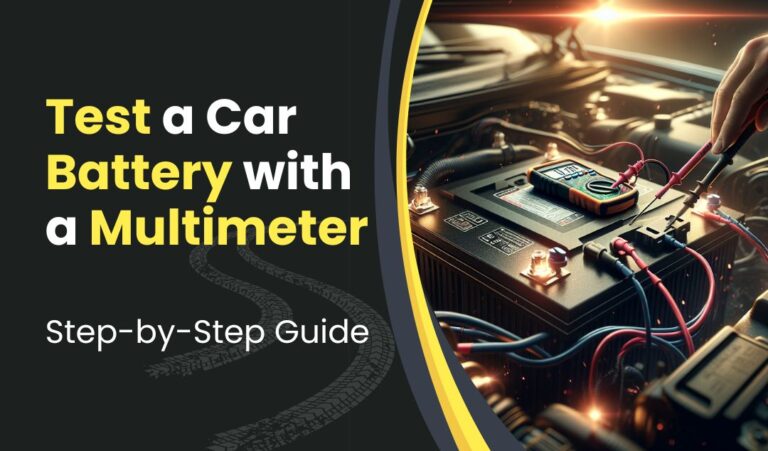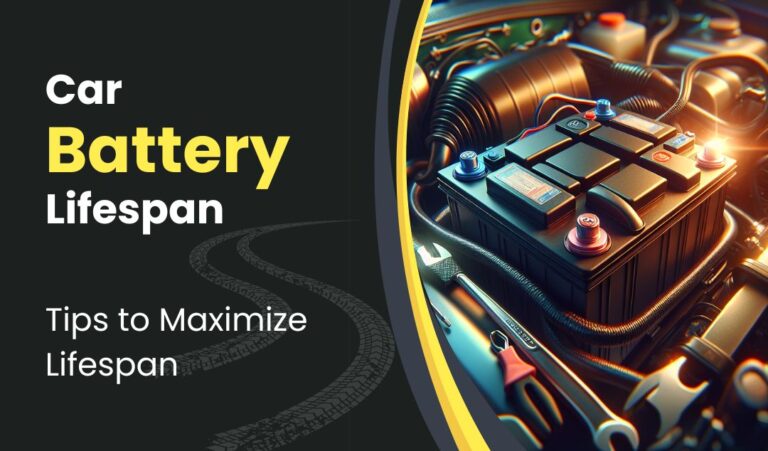How Long Does It Take to Charge a Car Battery: A Complete Guide

Car batteries are essential components of modern vehicles, powering everything from the engine starter to electronic systems. However, many drivers find themselves wondering how long does it take to charge a car battery when it’s depleted. This question becomes particularly crucial for Mobile Mechanic Columbia SC professionals who often encounter dead batteries during service calls. Understanding the charging process can help vehicle owners maintain their batteries effectively and avoid unexpected breakdowns.
The time required to charge a car battery depends on various factors, including the battery’s capacity, its current charge level, and the type of charger being used. This guide will explore these elements in detail, providing insights on different charging methods, from using a battery charger to relying on the vehicle’s alternator. Additionally, readers will learn how to recognize signs that their car battery needs charging and gain a step-by-step understanding of the charging process. By the end, vehicle owners will be well-equipped to keep their car batteries in optimal condition.
Quick Battery Replacement service at your location.
Factors Affecting Car Battery Charging Time
Several factors influence the time it takes to charge a car battery. Mobile Mechanic Columbia SC professionals often encounter these variables when addressing battery-related issues. Understanding these factors can help vehicle owners optimize their charging process and maintain their batteries effectively.
Battery Capacity
Battery capacity, measured in kilowatt-hours (kWh), plays a crucial role in determining charging time. Larger batteries with higher capacities generally require more time to charge fully. For instance, a GMC Hummer EV with a battery over 200 kWh may need about 4.5 hours to charge, while a Nissan Leaf with a 40 kWh battery might only take 1.5 hours at a 50-kilowatt DC station.
Charger Amperage
The amperage of the charger significantly affects charging speed. Higher amperage results in faster charging, while lower amperage leads to slower charging. For example, a 40 Amp EV charger provides a significantly faster charging speed compared to a 16 Amp charger. However, it’s essential to select a charger with an appropriate amperage for the specific battery to ensure efficient and safe charging.
Initial Battery State
The initial state of charge (SOC) of the battery also influences charging time. Contrary to common belief, a battery at 50% charge doesn’t necessarily charge twice as fast as an empty one. The fastest charging speeds are typically achieved when the battery is between 20% to 80% of its total capacity. Beyond 80%, the charging rate usually slows down to protect the battery’s longevity.
Battery Replacement becomes necessary when these factors no longer contribute to efficient charging. Environmental conditions, such as extreme temperatures, can also impact charging speed by affecting battery performance and requiring additional energy for temperature regulation.
Types of Car Battery Chargers
Car battery chargers come in various types, each designed to meet specific charging needs. Understanding these different chargers can help vehicle owners choose the most suitable option for their requirements.
Trickle Chargers
Trickle chargers provide a small, steady amount of power to replenish a battery as it discharges. These chargers are particularly beneficial for batteries in vehicles that are infrequently used, helping maintain their health over prolonged periods. However, traditional trickle chargers must be unplugged when the battery is fully charged to prevent overcharging and potential damage.
Smart Chargers
Smart chargers offer multiple functions and advanced features. They often include float charging, which maintains a level of charge without the risk of overcharging. Some smart chargers also provide pulse charging, supplying short bursts at a higher voltage to help remove built-up lead sulfate crystals, a process that can extend battery life. These chargers typically have digital displays showing voltage and amperage, and they can analyze the battery’s condition and the vehicle’s alternator performance.
Fast Chargers
Fast chargers, also known as rapid chargers, are designed to charge batteries quickly. They have a higher output voltage, which allows for a higher current to pass through the battery. For example, a 50kW rapid charger can add up to 100 miles of range to an electric vehicle in about 35 minutes. However, care must be taken not to leave fast chargers connected for too long, as this can potentially damage the battery.
It’s important to note that the charging time and effectiveness of these chargers can vary depending on factors such as battery capacity, initial charge level, and environmental conditions.
Quick Battery Replacement service at your location.
Step-by-Step Guide to Charging Your Car Battery
Safety Precautions
Before charging a car battery, it’s crucial to prioritize safety. One should wear protective gear, including gloves, safety glasses, and appropriate clothing to shield against battery acid and potential electrical shocks. Working in a well-ventilated area is essential to disperse harmful fumes. It’s important to remove any metal objects, such as jewelry or watches, as they can conduct electricity and pose a risk of electrocution.
Connecting the Charger
To begin the charging process, ensure the vehicle is turned off and all electrical components are disconnected. Locate the battery terminals and clean them using a mixture of baking soda and water to remove any corrosion. When connecting the charger, follow these steps:
- Connect the positive (red) clamp to the positive terminal of the battery.
- Attach the negative (black) clamp to the negative terminal or a heavy-gage metal part of the engine block.
- Plug the charger into a power source and turn it on.
Monitoring the Charging Process
Once the charger is connected, it’s important to monitor the process closely. Set the charger to the appropriate voltage (typically 12 volts) and choose the correct battery type setting. The charging time can vary depending on the battery’s capacity and initial charge level. It may take 4-8 hours for a sufficient charge to start the car, or 10-24 hours for a full charge. Keep an eye on the charger and battery for any signs of overheating or unusual behavior. When the charging is complete, disconnect the charger in the reverse order of connection.
Signs Your Car Battery Needs Charging
Recognizing the signs of a failing car battery is crucial for preventing unexpected breakdowns. Mobile Mechanic Columbia SC professionals often encounter these symptoms during service calls. Here are key indicators that a car battery may need charging:
Slow Engine Crank
When starting the vehicle, a slow or reluctant crank is a common sign of a weak battery. If the engine takes longer than usual to start or sounds sluggish, it could indicate insufficient power from the battery. This issue may worsen over time, potentially leading to a situation where the car won’t start at all.
Dimming Lights
Dimming headlights or interior lights are telltale signs of a battery struggling to hold a charge. If the headlights appear darker than usual or dim while idling and brighten when accelerating, it’s likely a battery issue. Similarly, flickering dashboard or interior lights can signal a failing battery, as it’s responsible for powering all electrical components in the vehicle.
Electrical Issues
Various electrical problems can indicate a weak battery:
- Power windows moving slowly when the engine is off
- Radio or other electronic systems shutting off unexpectedly
- Inconsistent response from push-button ignitions
- Inoperative warning lights when turning the ignition
These issues often occur because a weak battery lacks the power to operate electrical accessories properly. If multiple electrical components are malfunctioning, it’s time to consider Battery Replacement or recharging the existing battery.
Conclusion
Understanding the charging process and maintaining a car battery is crucial for vehicle owners and Mobile Mechanic Columbia SC professionals alike. Proper care and attention to battery health can prevent unexpected breakdowns and extend the lifespan of this essential component. By recognizing the signs of a failing battery and knowing how to charge it correctly, drivers can ensure their vehicles remain reliable and ready for the road.
To wrap up, the time it takes to charge a car battery depends on various factors, including battery capacity, charger type, and initial charge level. Regular monitoring and maintenance can help avoid the need for Battery Replacement and keep vehicles running smoothly. By following the guidelines outlined in this guide, car owners can take proactive steps to maintain their batteries and enjoy worry-free driving experiences.
Quick Battery Replacement service at your location.
FAQs
1. How much time is required to charge a completely depleted car battery?
To determine the charging time for a completely dead car battery, you need to know the total amps of the battery and the charging rate of your charger. For instance, if a battery has 48 amps and your charger works at 6 amps per hour, you would divide 48 by 6, resulting in a total charging time of approximately 8 hours.
2. What is the typical duration needed to fully charge a car battery using a plug-in charger?
It generally takes between 10 to 24 hours to fully charge a car battery using a plug-in charger. If your car battery is at 50 percent capacity, it might take about eight hours of driving on the highway to bring it close to full charge.
3. Can a car battery be charged by simply idling the car?
Yes, a car battery can technically be charged by idling the car, but this method is not very efficient. To approach a full charge, you would likely need to keep the car running for several hours, which is not practical due to the significant amount of charge lost when starting the engine.
4. How long should I drive to fully recharge my car battery?
Driving your car at highway speeds (around 55 MPH or higher) helps recharge the battery faster due to higher RPMs generated by the engine. On average, it takes about 30 minutes of driving at these speeds to fully recharge a car battery.





